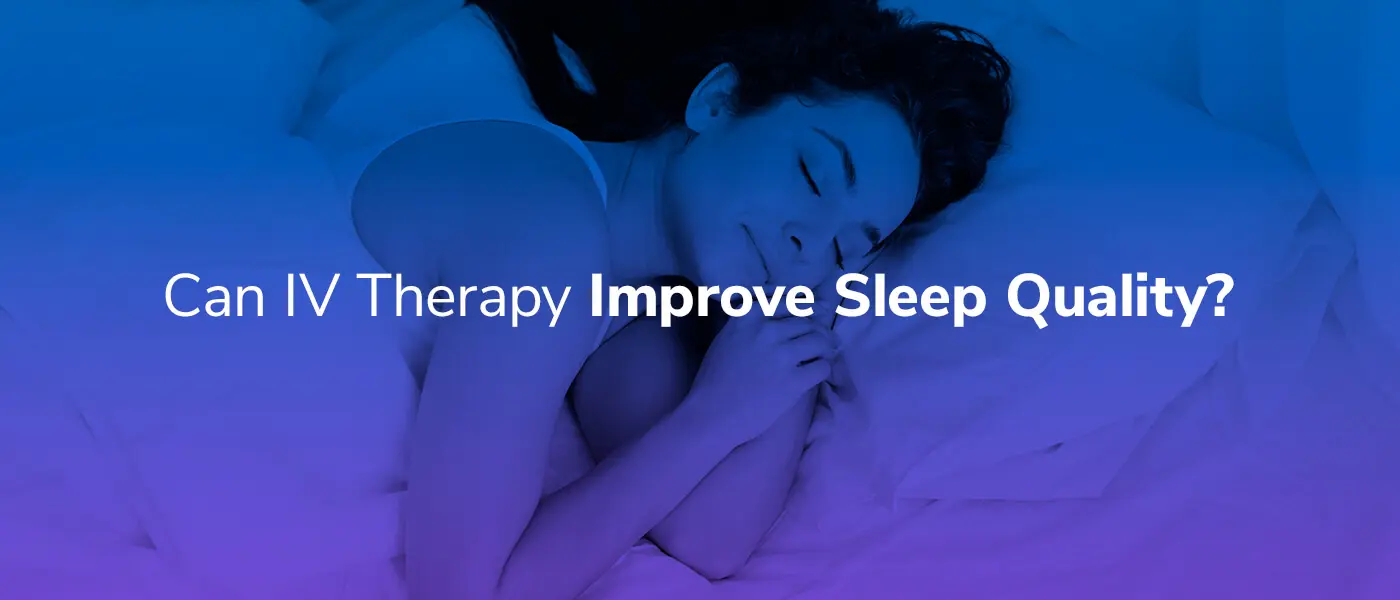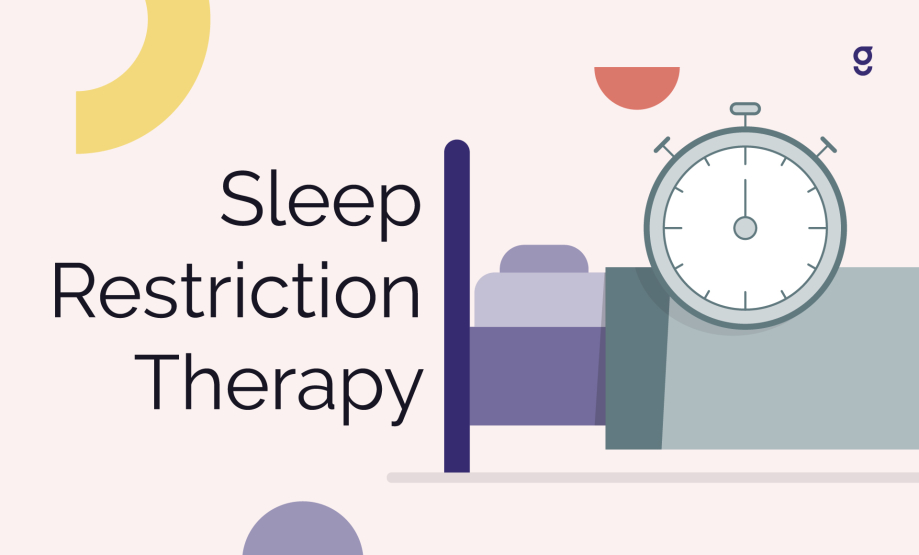Professional Insomnia Counseling - Get Expert Guidance
Professional Insomnia Counseling - Get Expert Guidance
Blog Article
Efficient Treatment Solutions for Handling Sleep Disorders and Enhancing Restful Rest
In the realm of medical care, the monitoring of sleep disorders and the pursuit for peaceful sleep are crucial parts of general well-being. Reliable therapy solutions use a multifaceted strategy to deal with these challenges, varying from cognitive behavior interventions to all natural methods that promote leisure and mindfulness. The exploration of numerous techniques, consisting of the combination of medication and light treatment, opens up a world of opportunities in the pursuit of much better rest quality. As we browse the detailed landscape of rest disorders and look for to improve our rest experience, a deeper understanding of these treatment services may hold the trick to opening a much more rejuvenating and satisfying restorative journey.
Cognitive Behavior Treatment for Insomnia (CBT-I)
Cognitive Behavior Modification for Insomnia (CBT-I) is a structured, evidence-based therapy approach that focuses on attending to the hidden aspects adding to rest disturbances. This kind of therapy aims to customize actions and ideas that exacerbate sleep problems, inevitably promoting healthy and balanced sleep patterns. CBT-I generally includes several key components, consisting of cognitive treatment, rest restriction, stimulus control, and sleep health education.
Cognitive treatment aids people identify and change unfavorable idea patterns and ideas concerning sleep that may be preventing their ability to fall or remain asleep. Sleep restriction involves restricting the quantity of time spent in bed to match the individual's actual sleep period, therefore increasing sleep performance (insomnia therapy). Stimulation control strategies assist establish a solid association between the bed and rest by encouraging people to visit bed only when drowsy and to stay clear of taking part in boosting tasks in bed
In addition, sleep hygiene education and learning concentrates on establishing healthy sleep practices, such as keeping a regular rest routine, producing a relaxing bedtime routine, and optimizing the rest setting. By addressing these factors thoroughly, CBT-I supplies a reliable non-pharmacological treatment for handling sleep problems and improving general sleep quality.
Rest Hygiene Practices
Having developed the foundation of cognitive restructuring and behavioral alterations in resolving sleep problems with Cognitive Behavioral Treatment for Sleep Problems (CBT-I), the emphasis currently shifts towards exploring necessary Rest Hygiene Practices for keeping optimum sleep top quality and overall wellness.
Rest health practices encompass a series of practices and ecological factors that can significantly affect one's ability to fall asleep and remain asleep throughout the evening. Constant sleep and wake times, producing a relaxing going to bed regimen, and optimizing the rest environment by keeping it dark, peaceful, and cool are critical parts of excellent sleep health. Limiting exposure to screens before bedtime, preventing stimulants like high levels of caffeine near to bedtime, and participating in normal exercise throughout the day can likewise promote much better rest high quality.
Additionally, practicing relaxation techniques such as deep breathing workouts or reflection before bed can help calm the mind and prepare the body for sleep. By integrating these rest health methods into one's day-to-day routine, individuals can establish a healthy and balanced rest pattern that supports relaxed sleep and overall health.
Relaxation Techniques and Mindfulness
Implementing leisure methods and mindfulness practices can play a pivotal duty in cultivating a sense of calm and advertising high quality sleep. sleep disorder treatment. These techniques intend to silent the mind, minimize tension, and create an optimum atmosphere for restful rest. One extensively practiced method is deep breathing workouts, where people concentrate on slow-moving, deep breaths to unwind the body and mind. Dynamic muscle mass relaxation involves tensing and afterwards releasing each muscular tissue team, advertising physical relaxation. Additionally, directed images can help move people to a calm place in their minds, assisting in anxiety reduction and enhancing sleep high quality.
Mindfulness techniques, such as meditation and yoga, are likewise reliable in promoting leisure and enhancing rest. Mindfulness encourages individuals to stay existing in the minute, releasing fret about the past or future. By including these techniques right into a going to bed regimen, individuals can indicate to their bodies that it is time to prepare and relax for rest. Overall, integrating relaxation techniques and mindfulness methods can significantly add to taking care of sleep disorders and improving total rest high quality.

Medicine Options for Rest Disorders
After exploring relaxation methods and mindfulness techniques as non-pharmacological treatments for enhancing rest high quality, it is vital to consider medicine options for people with sleep problems. In situations where way of life adjustments and treatment do not provide adequate alleviation, medicine can go to these guys be a valuable tool in managing rest disturbances.
Commonly recommended medicines for rest disorders include benzodiazepines, non-benzodiazepine hypnotics, antidepressants, and melatonin receptor agonists. Benzodiazepines, such as diazepam, are sedatives that can aid induce sleep, however they are commonly recommended for short-term use because of the risk of dependancy. Non-benzodiazepine hypnotics like zolpidem are likewise utilized to deal with insomnia and have a lower risk of dependence contrasted to benzodiazepines. Antidepressants, such as trazodone, can be helpful for individuals with co-occurring depression and sleep disruptions. Melatonin receptor agonists, like ramelteon, target the body's all-natural sleep-wake cycle and can be practical for controling rest patterns.
It is essential for individuals to consult with a doctor to determine the most suitable medicine alternative based upon their details sleep disorder and clinical history.
Light Therapy for Body Clock Law
Light treatment, additionally referred to as photo-therapy, is a non-invasive treatment method used to regulate circadian rhythms and improve sleep-wake cycles. This treatment involves exposure to intense light that imitates all-natural sunshine, which helps to reset the body's body clock. By exposing people to particular wavelengths of light, normally in the morning or evening relying on the wanted effect, light treatment can successfully adjust the body clock to promote wakefulness throughout the day and additional reading boost relaxing sleep in the evening.
Research study has shown that light therapy can be especially useful for people with circadian rhythm conditions, such as postponed rest phase syndrome or jet lag. It can likewise be helpful for those experiencing seasonal affective condition (SAD), a kind of clinical depression that usually takes place during the winter season months when all-natural light direct exposure is decreased. Light therapy is normally well-tolerated and can be utilized in conjunction with other treatment approaches for rest problems to maximize outcomes and improve general sleep high quality.
Final Thought
Finally, reliable treatment services for taking care of rest disorders and enhancing relaxing rest consist of Cognitive Behavioral Therapy for Sleep Problems (CBT-I), rest health techniques, leisure strategies and mindfulness, drug alternatives, and light therapy for circadian rhythm policy. These approaches can aid individuals enhance their sleep high quality and general well-being. idiopathic hypersomnia It is essential to seek advice from a medical care company to figure out the most ideal strategy for resolving rest problems.
As we navigate the intricate landscape of rest conditions and seek to boost our sleep experience, a much deeper understanding of these treatment services might hold the key to opening a more refreshing and fulfilling restorative journey.
Sleep constraint includes limiting the amount of time invested in bed to match the person's real sleep duration, thus increasing rest effectiveness. Consistent sleep and wake times, developing a relaxing going to bed regimen, and optimizing the sleep setting by maintaining it dark, peaceful, and cool are crucial elements of good rest health. Light treatment is usually well-tolerated and can be used in combination with various other therapy approaches for rest conditions to maximize outcomes and improve general rest quality.

Report this page